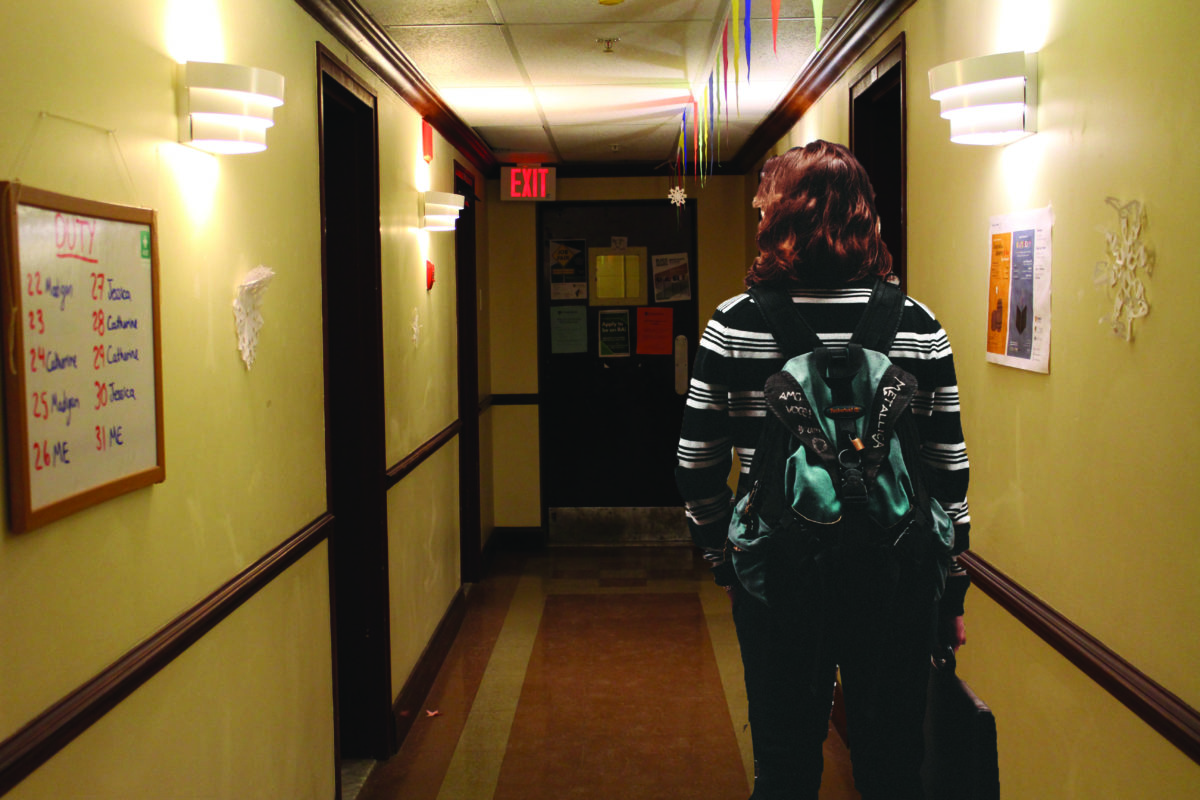Earlier this month, the United Kingdom government appointed a minister for loneliness, and although it might sound strange, loneliness is a common problem for people all over the world.
It was British politician Jo Cox who wanted to make people realize the extent of loneliness in the U.K., so she created the Jo Cox Commission on Loneliness to highlight the issue. However, Cox was murdered by a right-wing extremist in 2016 and her legacy lives on in the form of the new minister position.
According to a report released by the commission after her death, more than 9-million adults increasingly experience loneliness in the U.K.
In response to the report, British prime minister Theresa May appointed Tracey Crouch as the first ever minister for loneliness on Jan. 17, to develop a government strategy to combat loneliness.
Canada also faces a similar issue of loneliness as more than 66 per cent of university students experienced being very lonely at least once during the school year, according to a survey done by the National College Health Assessment in 2016.
Kelly Humber Kelly, St. Thomas University’s mental health coordinator explained loneliness is quite common in students, as they tend to lose their support system during their transition to university from their hometowns.
“With any transition, there tends to be some difficultly with mental health, and particularly loneliness because those supports that may have been in place prior are not necessarily there when they arrive [to university],” she said.
Humber Kelly explained the best way to prevent and combat loneliness is being open to making new connections.
“Connection is really important and STU has a great community as we are fairly tight-knit. Professors know their students, student knows their professors and there tends to be some great student groups.”
Maddie MacMillan moved to Fredericton from P.E.I. in September to complete the post-degree bachelor of social work program, and when she arrived, her roommate had yet to show up and she didn’t know anyone on campus.
“I was just completely alone,” she said about those first few days on campus. “It’s an uncomfortable feeling.”
MacMillan understands what it means to be lonely, so she decided to help others by becoming a volunteer at the peer support centre which opened on Jan. 25.
Humber Kelly is also the coordinator of the peer support centre.
“Loneliness is a huge part of the reason why we decided to open up a peer support centre, because in reality, a lot of the people struggle with loneliness when they’re on their own or when they first enter university,” she said.

“The peer support centre is a place for people to come and get some social connection and talk about how they’re lonely with someone who has probably felt lonely before.”
Robyn Smith is a second-year student who attended the opening of the peer support centre. She has struggled with loneliness in the past as a result of losing her support system.
While still in high school, her best friend cut off all ties with her and to this day Smith still doesn’t know why.
“The first couple months of Grade 11 were the most miserable [months] of my life because I had no friends and at the time, my high school was going through a turnover, so a lot of my favourite teachers were leaving.”
Losing her support system left her feeling alone, but after a while she decided to make new connections.
Smith explained that making long-lasting connections with people who truly care is the best way to prevent loneliness, as she still has the same group of friends who helped her when she needed a new support system in high school.
“I’ve built a [new] support system, I’ve gotten better friends and I got better at recognizing when a relationship is turning toxic and at this point in my life I’ve realized you can’t waste all this time and energy around people who just aren’t worth it.”

